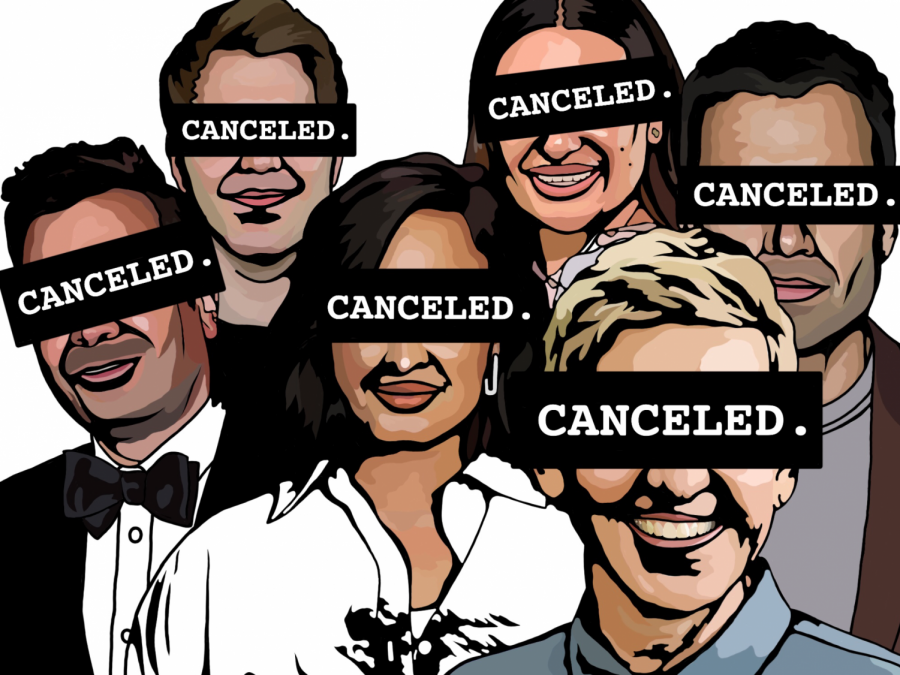Junior identifies harms, benefits of cancel culture
April 7, 2022
Cancel culture: the practice or tendency of engaging in mass canceling as a way of expressing disapproval and exerting social pressure.
Cancel culture is extremely prevalent in the world of social media. If an influencer was to do something controversial such as say a racial slur or make a sexist comment, that person will likely become widely hated by social media users almost immediately. Of course, those with such large platforms especially should face the consequences of their wrong-doings; however, is canceling always justified?
Influencers have to walk on eggshells. If they’re uneducated on a subject and unintentionally say something offensive, their following could decrease drastically, and if social media is their only source of income, it could halt their ability to make money. Often people will even go as far as to search Twitter or Instagram many years in the past to find something an influencer said that would be considered problematic. This is unfair because they may no longer say offensive things and understand why it’s wrong.
On the other hand, sometimes canceling a person is necessary. For example, Shane Dawson has committed blackface and has made numerous pedophilic jokes, which is a reasonable cause to be canceled. He needed to be de-platformed especially because the majority of his viewers were impressionable children. Content creators that say or do things that are morally wrong should not be able to make money from their content, which is the purpose of cancel culture.
Cancel culture is a concept that is both beneficial and harmful to influencers, creators, and social media. It can help de-platform those that are problematic but it is also a way to start internet drama. In conclusion, cancel culture is unavoidable, but at the same time, it needs to be regulated by sensible social media users.

